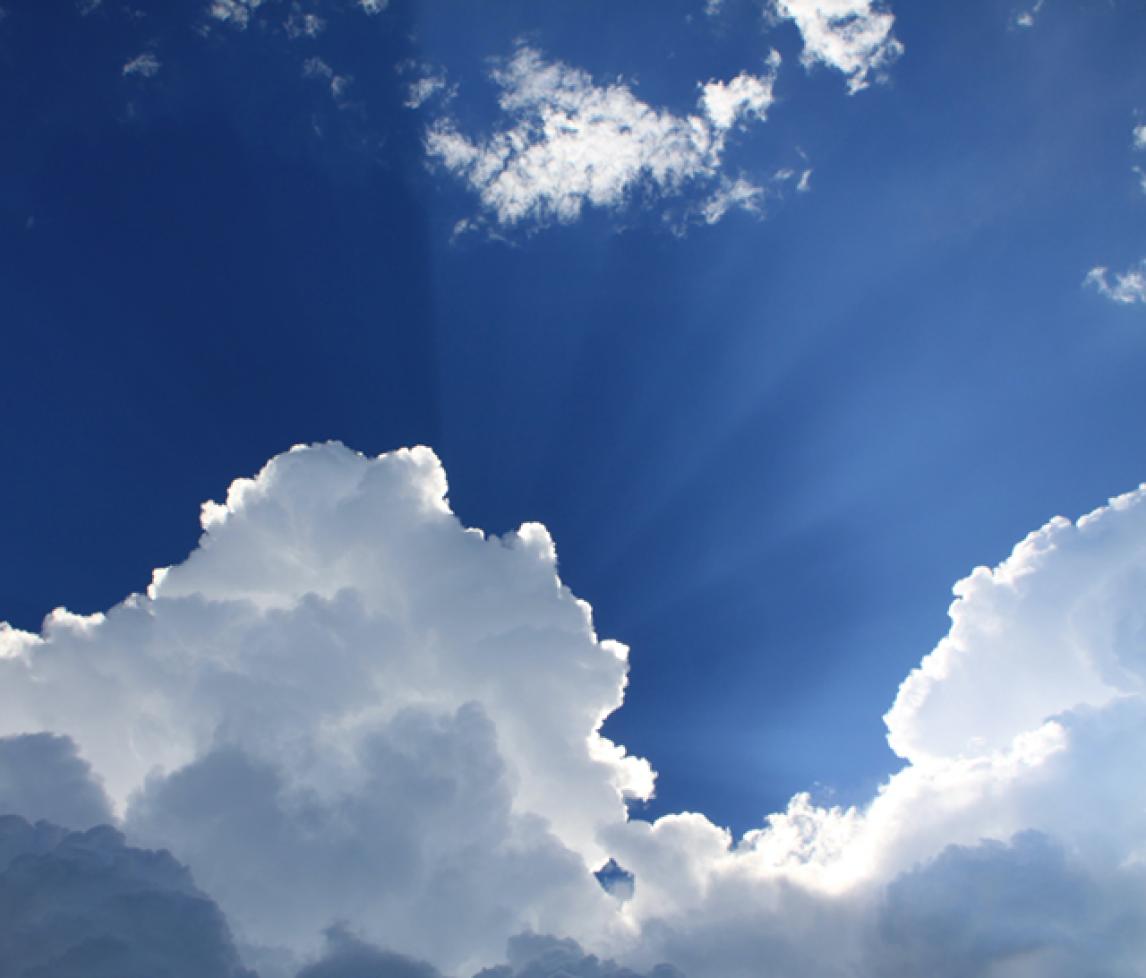Weather (or meteorological) variables are measured at all ECN terrestrial sites, because weather and climate drive or affect many environmental processes. For example, the climate affects the types of plants found in an area and how they grow. In order to understand how the environment at our monitoring sites is changing, we need a good understanding of the weather and climate at the sites, and we also need to know if the climate at our sites is changing.
Of course, weather and climate don't just influence ECN sites, they affect us all. That's why we created this tutorial to help introduce you to key concepts relating to the weather, climate and climate change. See below for more details about what you can expect to learn.
